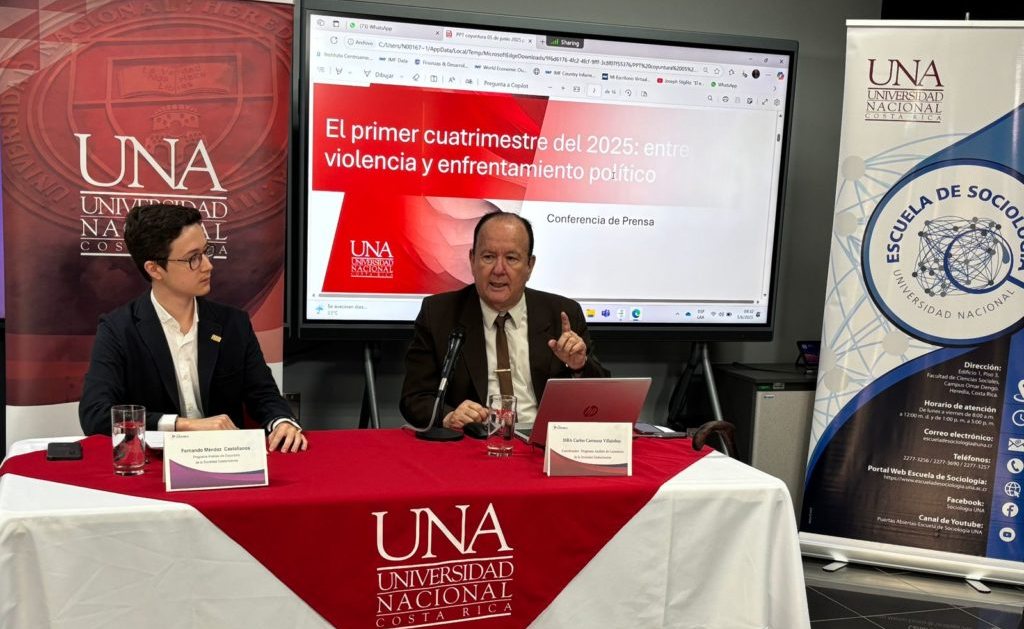Q COSTARICA — Costa Rica’s Legislative Assembly approved on Tuesday the waiver of processing for case 25.079, which would allow search warrants at any time of the day and on private property, in extradition proceedings.
This request was made to legislators weeks ago by the director of the Organismo de Investigación Judicial (OIJ), Rándall Zúñiga, precisely amid the discussion of the case against former judge Celso Gamboa.
At that time, Zúñiga pointed out to the legislators the current legal restriction on this procedure, which requires the arrest of the accused individuals to be carried out in a public place.
“We have the limitation that we have to arrest any extraditable person in a public place. We don’t have the ability to conduct search warrants or use the same police tools we currently have to arrest them,” the director said at the time.
Shortly after, PUSC legislator Horacio Alvarado introduced the reform bill to the Extradition Law, which incorporates a new Article 7bis into the current legislation to allow search warrants under specific conditions.
For example, the search warrant must be authorized by a judge through a duly reasoned resolution, must be carried out in the presence of the judge, and must ensure respect for the rights of the person sought.
“With this proposal, Costa Rica will have more effective tools to execute arrests for extradition purposes, strengthening international cooperation and guaranteeing a process that respects due process and human rights,” said Alvarado.
The fast-track measure was approved with a unanimous vote of 38 legislators.
Can expanded extradition processes help Costa Rica curb drug trafficking?
The recent extradition agreement between Costa Rica and the United States brings the country, amid its growing role as a drug trafficking transit point, in line with other key nations in the region. However, questions remain about the effectiveness of this measure in the fight against organized crime, reported in June Insight Crime.
In May, legislators approved in final debate by a super majority of 44 votes in favor and and then signed by President Rodrigo Chaves a constitutional amendment allowing the extradition of Costa Rican citizens for international drug trafficking and terrorism offenses, following growing concerns about the Judiciary’s capacity to prosecute high-profile cases.
Extradition of Costa Ricans for organ trafficking, human trafficking, and homicide?
The Minister of Public Security, Mario Zamora, has stated publicly that he welcomes a multi-party initiative to expand crimes that would allow the extradition of Costa Ricans and calls for the inclusion of crimes such as international illicit organ trafficking, human trafficking for sexual exploitation, arms trafficking, migrant trafficking, and homicide.
According to Zamora, this would prevent criminals from escaping national or international law.
The minister described the initiative presented by representatives from different legislative groups, including the major parties the PLN, PUSC, PLP and the ruling PPSD, as a necessary step forward in criminal justice and security.
“It is important that there be a multi-party effort to expand and increase the types of crimes that are subject to extradition proceedings for nationals, and to include organ trafficking, migrant smuggling, and other related crimes,” the minister said.
“Costa Rica cannot be a haven for hitmen and murderers,” warned Zamora, who believes it is urgent that this type of crime also be included in the constitutional reform.
Source link
Rico



